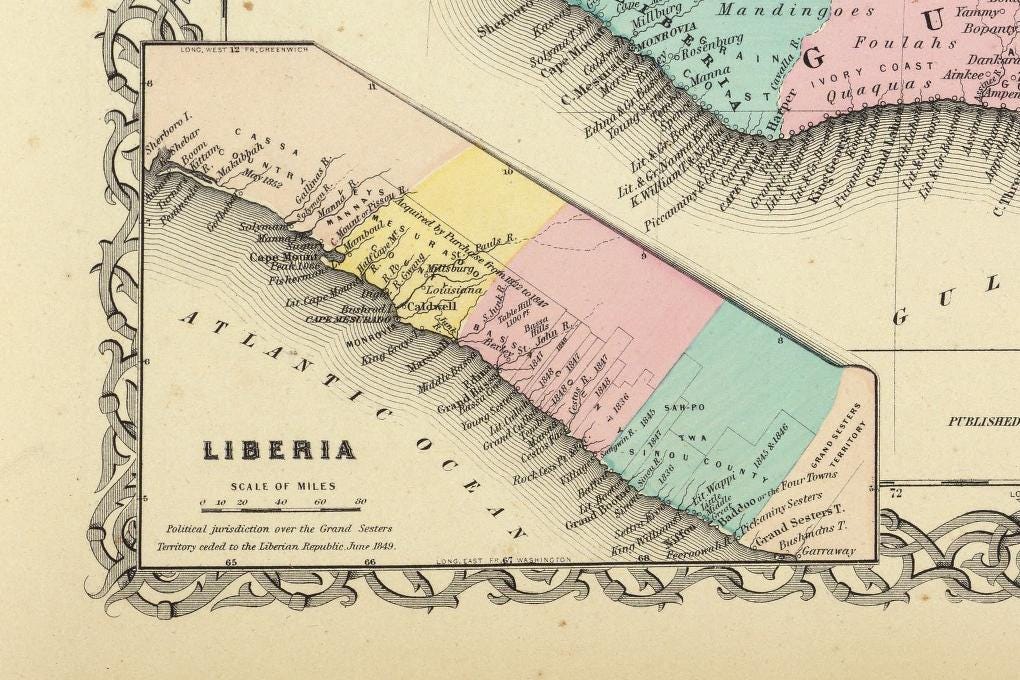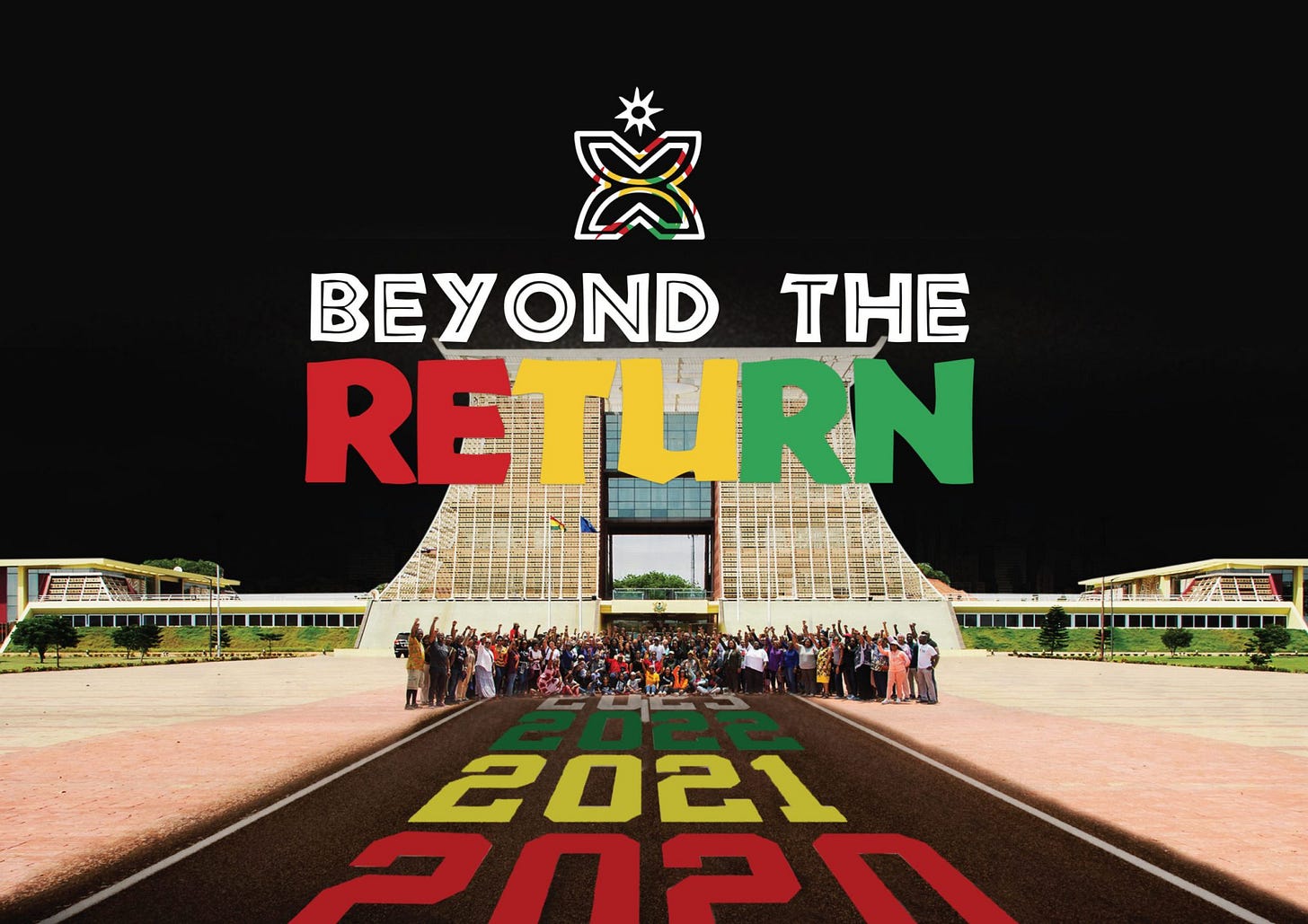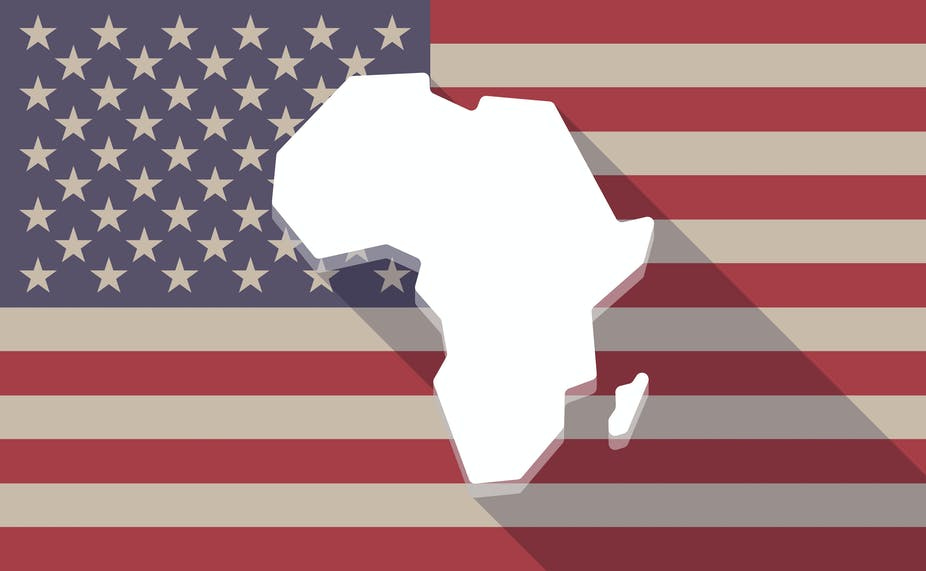The Great Repatriation and Blacks - (3/4)
Repatriation is the Most Reasonable Way to Solve the Demographic Crisis
At White-Papers, our core premise is that Western peoples deserve their own voice, their own political institutions and a future free from interference or predation by outside groups. Westerners are a global minority and are now becoming minorities in their own homelands. The inevitable and necessary result of this is a growing political movement of explicitly nationalist news outlets, publishers, and political pressure groups.
Unfortunately, however, it is not uncommon to hear the language of hopelessness or despair about the demographic situation in many Western nations. Nationalists, more than anyone, know the data. They look at the graphs, charts and trends, and understand what will be lost if current trends continue. But, this awareness often leads to nationalists feeling that nothing can ever be done, even if nationalist policymakers were to be installed in the highest ranks of the State apparatus.
White-Papers knows something CAN be done. Something MUST be done.
Repatriation, the return of recent immigrants to their respective homelands or perhaps third-party states, is central to the survival of our nations. Most importantly, though, it is a practical policy which we must enact.
We are not heartless. Westerners, even to our detriment, are some of the most welcoming and hospitable peoples on Earth. Repatriation must, therefore, happen in a dignified manner which respects the dignity of those being asked and incentivized to leave our Nations. Repatriation is not inhumane or disparaging of other races. It is simply meant to reestablish self-respect and security in our own countries.
A quick note as regards racial and ethnic terminology for this series: We realise that some terms are contentious, however for the sake of simplicity and directness, we will be sticking with the Census Bureau terminology for these pieces.
And so, in this third piece of our series, we will examine the situation of Blacks in the United States and offer policy perscriptions not only for the large Black immigrant population, but also for African Americans who may want to choose to relocate from the country and build a life for themselves among their own abroad.
African Americans have been part of the fabric of the United States since before the nation’s inception. Their enslavement, liberation, great migrations North and general cultural output have shaped the United States in profound ways. African Americans have been with the country every step of the way, and many feel a profound connection to the United States, while others (a surprisingly large number infact) do not feel a significant connection and view the nation as irredeemable.
African Americans are not, however, the only Blacks who reside in the United States. The Black immigrant population, as revealed by the Pew Research Center, has increased dramatically in recent decades and now comprises 12% of the total Black population in the country, with about 5.6 million Blacks falling into this category as of 2022.

A further 9% of Blacks in the United States are not African Americans, but the children of at least one Black immigrant to the country. Vice President Kamala Harris, the child of a Jamaican immigrant, falls into this category of about 4.2 million people.
In total some 21% of the Black population of the United States is not of African American extraction. This group, comprising roughly 9.8 million people, are overwhelmingly from, or the children of people who are from, South America and Africa.
Luckily, much like Asians and Hispanics in our previous pieces, this demographic is substantially easy to send back to their homelands. 40% of Black immigrants to the United States, or about 2.2 million people, do not have US citizenship and could be removed by simply cancelling their visas and deporting said individuals.
And just as immigration and citizenship fraud is extremely common among Hispanic immigrants, it is also common among Black immigrants to the United States. With precedents already in place which allow the revocation of citizenship by those who commit fraud, the United States government could review every citizenship application from Black immigrants. Many would be revealed as fraudulent, and millions more immigrants could be removed to their home countries.
White-Papers is against any policy of family separation, and just as in our policy pieces for Hispanics and Asians, we would see that the under 18 children of Black immigrants, whether US born or not, are sent back to their home countries alongside their parents.
With the vast bulk (63%) of Black immigrants arriving after the year 2000, the majority of their US born children, a demographic of 4.2 million people, would return to the ethnic homeland of their parents as they are overwhelmingly likely to be under 18.
Through visa cancellation, revocating citizenship from fraudulent applicants, and a policy of keeping families together as they leave the country, an American government dedicated to the demographic security of Americans could see to the removal of the vast bulk of the 9.8 million Black immigrants and their children.
States such as New York could see as many as 852,000 Black immigrants depart, nearly 30% of its overall Black population. South Dakota would see its black population shrink by 32%, and Florida would lose 22% of its Black population.
It is also significant to recall that Western standards of living and lives are put at risk by this immigrant population. The most notable example being the brutal murder of Jupiter Paulsen by African immigrant Arthur Collie.
African immigrants and their children are not the only piece of the Black puzzle in American, however.
There remain the litany contentious issues which surround African Americans and their relations to the United States and its White majority. Many Americans, regardless of race, would agree that African Americans are as American as Whites. They have been in the United States just as long and have been present for nearly every major event, war, or cultural change in the nation’s history.
But, while this may be the pervasive assumption, the reality is much more complex and paints a much more interesting picture. A great deal of African Americans, particularly those of a young age, are remarkably unhappy with life in the United States and are in search of radical change. African Americans who travel abroad often seek to locate to a foreign country on a permanent basis.
Research from Pew shows that a great many African Americans (48%) are concerned with the global situation for Blacks. Only 52% of African Americans feel a significant connection to their local community. These numbers paint a fascinating picture.
Furthermore, half of African Americans do not believe Blacks will ever have equal rights in the United States, and 71% (as of 2019) believe that race relations in the country are ‘generally bad’. While organizations ranging from the SPLC to popular media and the NAACP have argued that African Americans need some form of ‘autonomy’ from the rest of the United States.
In search of the freedom they feel they lack at home, tens of thousands of African Americans have made the journey abroad, and doubtless many more would if it were enabled by the American state.
More than 45,000 African Americans have made ‘return’ trips to Ghana and over 10,000 are believed to have permanently settled in the nation. Additionally, a tourism and relocation company operated by African American disapora in Ghana has said that roughly 30% of African American visitors to Ghana have relocated to Ghana permanently as a result of their trip.
Ghana has gone so far as to pass a ‘right of abode’ law for the global African diaspora. The legislation was passed in the specific hope of luring African Americans back to the homeland and mother continent.
The Ghanaian government has actively courted African Americans to come home, with the Minister of Tourism, Oteng Gyasi, saying as recently as 2020:
"Please take advantage, come home, build a life in Ghana. You do not have to stay where you are not wanted forever, you have a choice and Africa is waiting for you,"
Ghana is not the only African nation to openly court African Americans, though. Senegal has also begun promoting ‘return’ policies, and Liberia has a citizenship law which is specifically designed to court Blacks from around the world.
As a matter of policy, it is abundantly clear that a significant number of African Americans (ranging from perhaps 30% to 50%) would take up an opportunity to first tour and then relocate to the African continent.
A nationalist American government should do everything in its power to facilitate this voluntary relocation. Polices could range from paying the full costs of relocation and housing, to connecting African Americans to jobs, and even founding companies to employ African Americans on the continent.
There are a great many ways to approach the issue, but it is perfectly reasonable to believe many young African Americans would take up a free ride to the continent of their ancestors and would be all the happier for it.
While African Americans who wish to remain in the United States, particularly those of the advanced age, would be able to do so.
Choice is a powerful thing and instead of forcing faux racial integration African Americans should too be offered the chance and resources to separate from a nation many of them have never loved, on their own terms.
(Read The Great Repatriation and Hispanics - (1/4) here!)
(Read The Great Repatriation and Asians - (2/4) here!)
(Read The Great Repatriation and The Willing - (4/4) here!)











